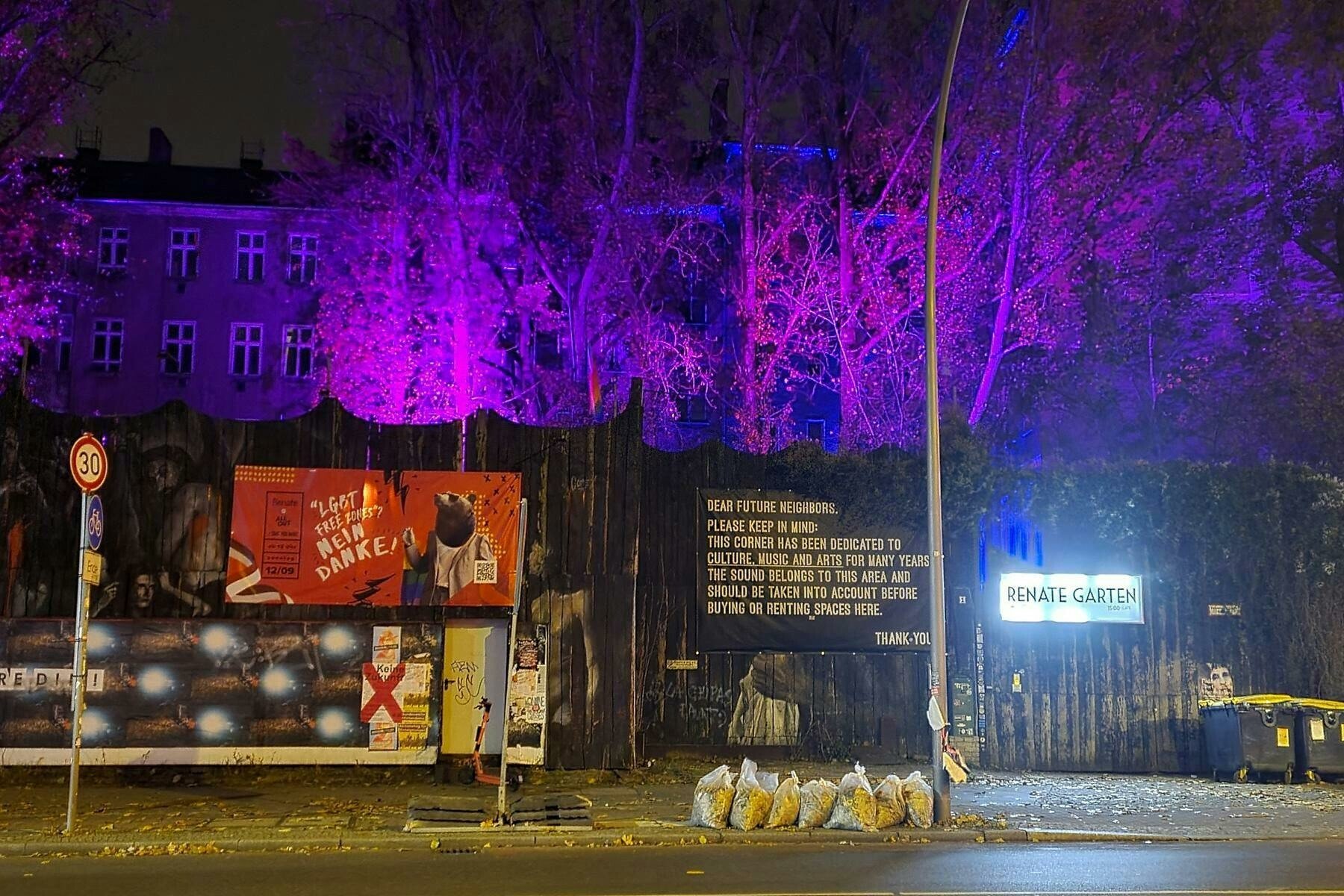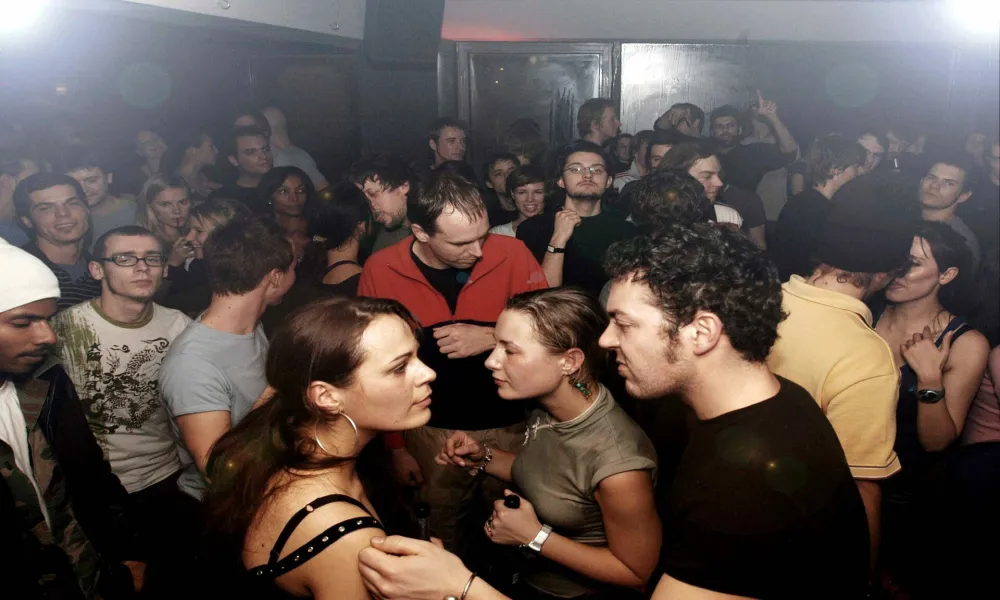Berlin’s legendary club scene is facing mounting challenges. While some venues saw a surge in visitors after the long pandemic lockdowns, soaring inflation, ever-rising rents, and a drop in tourism have led to shrinking queues outside the city’s once-thriving clubs.
In 2018, Berlin’s famous dance clubs generated €1.5 billion in revenue, and in 2024 Germany recognized the city’s techno clubs as part of UNESCO’s “intangible cultural heritage.” Yet with several iconic venues now closing, it has become clear that something deeper is at play. Observers have dubbed the trend clubsterben, the “death of clubs.”
According to the Berlin Club Commission, 43% of clubs are impacted by rising commercial rents, worsening their financial strain. Campaigners say regulating rents for culturally significant spaces has become essential.
Closures send shockwaves
Watergate, a pioneering electronic music club on the banks of the Spree that opened in 2002, shut its doors on New Year’s Eve 2025. The announcement stunned the nightlife community, coming shortly after news that another landmark venue, Wilde Renate, would also close in 2025 after its landlord refused to renew the lease.
Watergate’s founders admitted they can no longer afford to book top artists or attract the crowds that once packed its famous glass-walled dance floors. Wilde Renate’s owners, meanwhile, blamed “economic pressures” from rising rents, inflation, war, and mounting expenses.

Changing nightlife dynamics
Watergate co-founder Ulrich Wombacher noted that the broader pressures on clubs resemble the decline of Berlin’s traditional pubs (Kneipen). He also pointed to a shift in nightlife culture, with smaller independent clubs struggling to compete with large-scale festivals that draw thousands of young people.
Wilde Renate’s closure has also drawn attention to its “notorious” landlord, Gijora Padovicz, a real estate magnate who has bought up dozens of Berlin apartment blocks since the 1990s. His refusal to negotiate lease extensions has been criticized as emblematic of the wider gentrification squeezing out cultural venues. Meanwhile, pandemic-era shifts have left many young people less attached to club culture than previous generations.
Adaptation or decline?
Despite the setbacks, Berlin’s clubs remain an economic and cultural powerhouse for the city. New events such as the street festival Rave the Planet are gaining international traction, showing how club culture continues to evolve.
“The club culture that emerged from the ruins of East Berlin was always fluid,” said the head of the Berlin Club Commission. “Berlin has always been a city of change, and club culture adapts to those changes. What we’re witnessing is more transformation than decline.”
To underline this resilience, the Commission is launching the festival Beyond Tomorrow: Remaining Hopeful in Chaos, with events across the city highlighting clubs as spaces of strength and hope in difficult times.
Source: DW News
